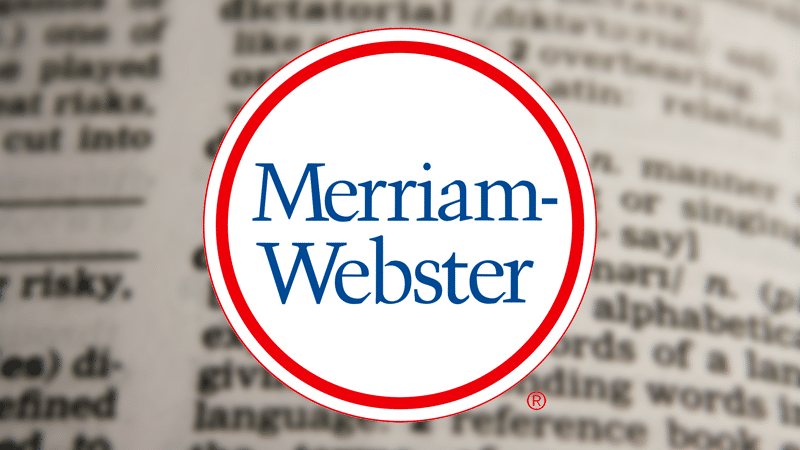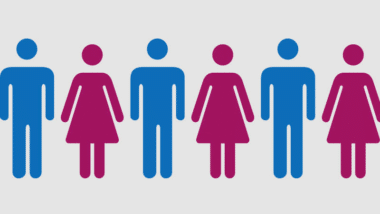America’s “most-trusted” dictionary has updated its definitions of ‘male’ and ‘female’ to include those who identify as the opposite sex.
The change made by US publisher Merriam-Webster has sparked an outcry, particularly from women.
It comes shortly after the dictionary was criticised for defining ‘trans woman’ – that is a biological male – as “a woman who was identified as male at birth”.
Gender Identity
Merriam-Webster’s flagship publication now includes “having a gender identity that is the opposite of male”.
“Everyone knows what women are”
The dictionary defines ‘gender identity’ as an “internal sense” of being ‘male, female, both, or neither’, not biological sex.
Natasha Chart, a director of the Women’s Liberation Front, responded: “Everyone knows what women are, and that we aren’t defined by a state of mind that a man can have.”
‘Disrespects women’
Chart added: “I don’t have a ‘gender identity’. I bore a child by means of my female body, not a state of mind, and it disrespects every mother and child to suggest otherwise.”
She said she was “disappointed” to see the “fall of important cultural institutions, like dictionary publishers, to woke social media mobs and belligerent, junior employees”.
Earlier this month, Dictionary.com, which describes itself as the world’s leading online English dictionary, also announced its “biggest update ever”. This includes removing references to the word ‘homosexuality’ to “help eliminate heterosexual bias in language”.
‘Unpronounceable buzzwords’
The changes come as TEDx London, a prominent group that hosts talks, has changed from using the word women, to ‘womxn’, to include men who identify as women.
The group claimed that the deliberate change is “more inclusive and progressive” and “explicitly includes non-cisgender women”.
‘Cisgender’ is a politicised term used to describe people who are not transgender.
Feminist writer Julie Bindel said: “Why is it that the so-called ‘inclusion’ of trans-identified women seems to always involve the attempted erasure of actual women? How much more ‘inclusive’ can the word woman be when it represents 3.5 billion humans: just over half of the world’s population?”
Also see:
Uni criticised for ‘renaming’ International Women’s Day to include trans


